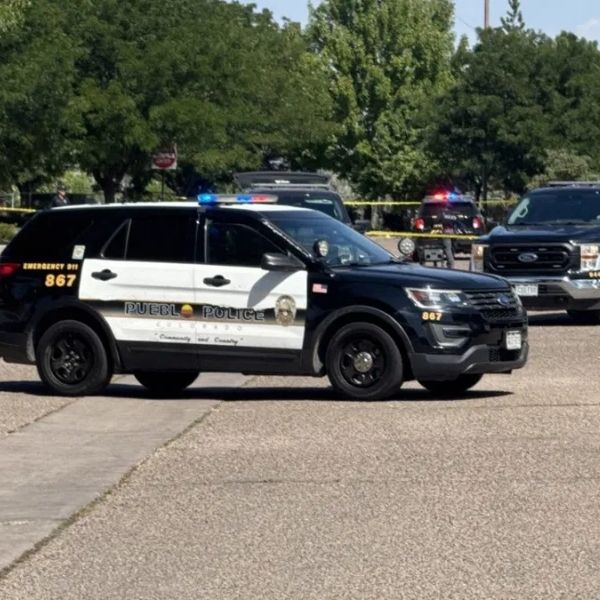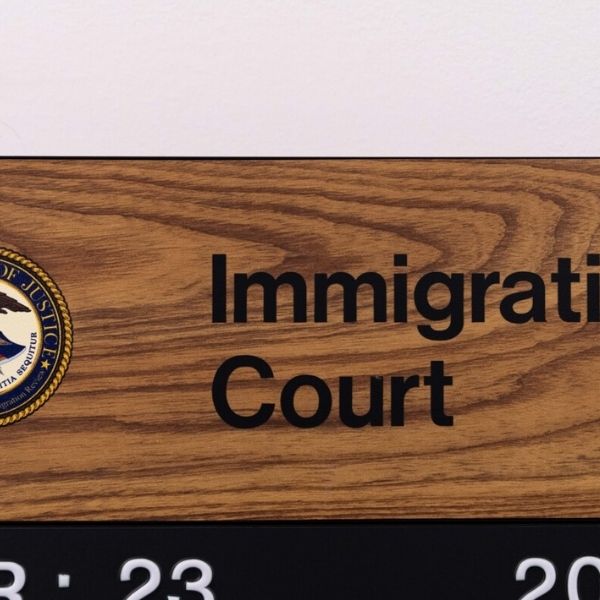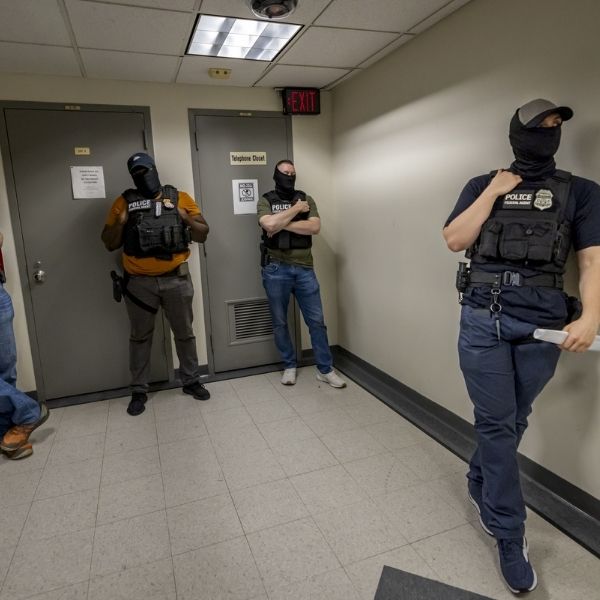LONGMONT, Colo. (KDVR) — As of July 1, a new part of House Bill 24-1353 is in effect, and firearm dealers across Colorado say it’s just piling on more unnecessary red tape.
The law now requires firearm dealers to obtain a state-issued permit—in addition to holding a federal firearms license—under the state’s effort to crack down on illegal gun sales. While part of the bill was already enacted earlier this year, this final phase includes strict employee requirements and a $400 permit fee.
Dealers Sound Off
Rod Brandenburg, owner of Grandpa’s Pawn and Gun in Longmont, says the new law is just another obstacle for small businesses already under pressure.
“They’re putting a huge burden on us and they can enforce these regulations to put us out of business,” said Brandenburg.
Under the new law:
-
Each employee must submit fingerprints
-
All must complete a training course
-
Businesses have just eight days to comply—a deadline further squeezed by the Fourth of July holiday
“It’s redundancy, it’s a huge burden on us,” Brandenburg added. “We’re in the middle of summer and get hit with an eight-day deadline to finish all this admin work during a holiday week.”
Logistical Confusion
Adding to the stress, local sheriff’s offices like Larimer County’s are reporting backlogs and confusion. Some offices are not approved vendors for fingerprinting, but many firearm dealers weren’t aware and are struggling to find available options. The state has published a vendor list online, but Brandenburg says it’s not well-publicized.
Mounting Regulation
Brandenburg argues that this is just another layer of government interference.
“We are in an over-regulated industry already. I don’t know of another industry that has so many hoops to jump through. It’s the feds, it’s the state, it’s the local sheriff’s office, it’s the local police.”
What Happens If They Don’t Comply?
Employees must finish their mandatory training course by July 31, or the business could face a fine of up to $250,000 for operating without a state permit.
The Bottom Line
While lawmakers see the law as a safeguard against illegal gun sales, many in the firearms industry view it as a last-minute, high-cost compliance headache that’s burdening small businesses and overwhelming local agencies.
















Leave a Reply